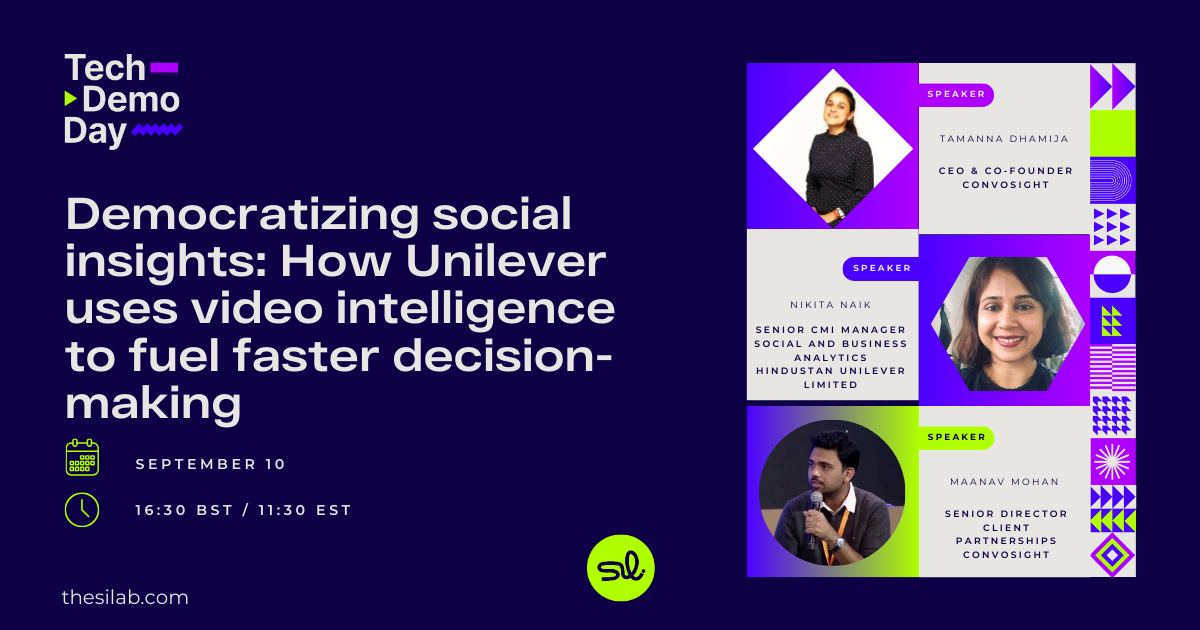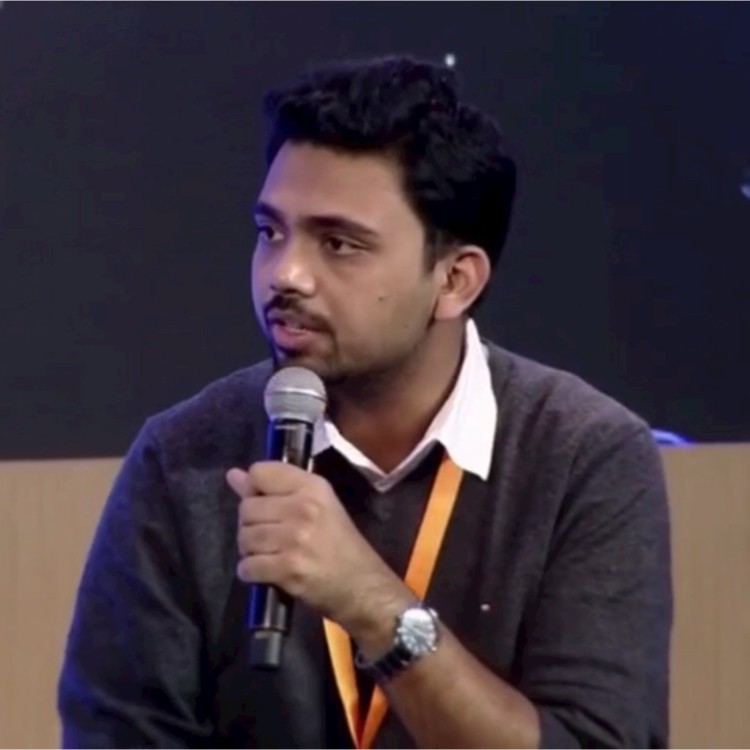
Vox Pop: Does social media intelligence and text analytics mean that consumer insights will become more data science focused in the future?
In research, there’s qualitative approaches and quantitative approaches, the same as with social media intelligence and text analytics. Some people approach the analysis with a qualitative mindset and others with a quantitative mindset. But what approach will win in the future?
Does the advent of machine learning mean that we’re going down a quantitative approach and we’ll need to be more data science-focused in the future? Or will more qualitative approaches win out? We asked our experts their opinion and here’s what they had to say...
Anda Ziemele, Data Scientist, Capgemini

I think everyone within the social media intelligence sector has incorporated elements of data science since its inception, but it has not been labeled as such. Data Science in general as a term has exploded in the last 3 years, but it’s been around for a while. When it comes to social media intelligence and data science, as the spaces mature our work becomes more advanced and we are more efficient in gathering insight through utilizing techniques tailor-made for the specific requirements whether it be SI tools or code libraries.
There will definitely be an increasing focus on data science within customer insights – and this is based on three key factors:
Growing volumes: the sheer scale of the data, both structured and unstructured in nature requires smart and fast ways of processing and here Data Science goes hand-in-hand with Big Data.
More data sources: we are not looking at *just* social media conversations or *just* audiences – all is connected. Data Science allows us to look at the bigger picture and connect these dots.
Increasing complexity: long gone are word clouds and most frequently mentioned words and hashtags. It is not enough. Data Science has everything to go beyond.
I think our roles could broadly be split into two – the Social Data Visionaries and the Social Data Scientists. The Visionaries lead and know where the business (and the world!) is going and what is needed to bring the most value. They need someone to execute this – this is where the Data Scientist comes in. They know exactly what to do with the data and how to do it. However, there are many roles in between and I am sure there will be something new in the space very soon.
Rebecca Carson, CPO, Brandwatch

One of the central promises of Digital Consumer Intelligence is speed. There are two ways that digital consumer intelligence will deliver: the first is the real-time, low latency nature of digital data. The second is closing the gap between decision-makers and analysts through accessible, insight generating software.
Welcome to the rise of self-serve research, fundamentally changing our relationship with data and insight. Without years of analyst training, decision-makers can find answers to their own questions on a daily basis. Instead of only being able to use data to inform big strategic decisions, data can be used to make the optimizations needed to find your cut through in today’s cluttered, volatile market.
With more questions answered through automation, analysts can turn their attention to innovation. Digital data sources are coming together in digital consumer intelligence platforms like never before, but it's going to take a lot of experimentation by talented analysts to discover how these data sets interact and become more than the sum of their parts.
Digital consumer intelligence is a huge opportunity, but not without risk. There’s a reason why people train for years. Mistakes in methodology lead to erroneous conclusions and poor decisions. This challenge creates a new kind of career opportunity – we need good analysts working as product managers, baking good methodology into self serve research software.
Jeremy Hollow, MD, Listen and Learn Research

I’d say “yes, but”.
The volume of data obviously lends itself to the skills of data scientists.
My hope is that they hear the lessons learned in the market research world about data quality and validity. That leaves us with the “but…”.
It’s not really all that surprising that music, cinema, and TV play such a massive role in our lives and popular culture. They’re all based on stories and stories have a powerful hold over us. They can move us in ways dry statistics can’t.
Just look at any fundraising event. Successful campaigns know they need to blend statistics with personal stories. We relate to stories, they get hold of our hearts and demand our attention.
Data scientists can be incredibly insightful but rarely make great storytellers. As the discipline of social intelligence develops, we need to promote qualitative skillsets alongside data science.
Qual research skills help see the threads and connections. It’s how to blend the data points with emotion and reason. It’s ways of seeing meaning, purpose, and intent – the ‘whys’ – that explain the ‘whats’.
Qual research tends to be more creative and imaginative. This is a useful skill for understanding the implications of any set of findings - and to help work out the human side of taking action. Research should be a creative process. Something that creates meaning from data and inspires action to create change.
Market Research has evolved clearly defined (if sometimes too separate) quantitative and qualitative skillsets.
Social Intelligence needs the same.
This interview was recorded via LinkedIn Live, if you prefer to view on LinkedIn, click the button below.
View InterviewSee related content





%20(1).jpeg)





